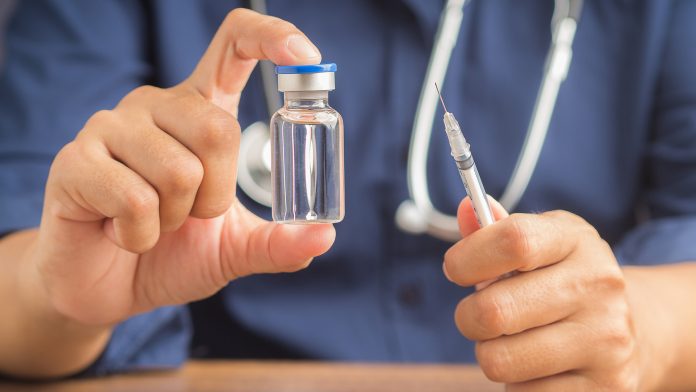
Researchers have proposed that the 100-year-old BCG vaccine, originally used for tuberculosis, could be effective against cancer and autoimmune diseases.
At the beginning of the COVID-19 pandemic, researchers began exploring vaccination options for the virus. Two new trials were posted on the clinicaltrials.gov database. This included revisiting old vaccines. Ever since the Bacillus Calmette-Guérin (BCG) vaccine was first used over 100 years ago, it has been known to have non-specific protective effects. This means that, unlike other vaccines that have a very specific immune response, the BCG vaccine can protect against a range of pathogens.
The BCG vaccine was developed by Albert Calmette and Camille Guérin in France Between 1908 and 1921. Calmette and Guérin repeatedly cultured the organism responsible for tuberculosis in cattle until it no longer caused disease in animals. The same culture protected the animals from the human version, Mycobacterium tuberculosis.
Within a few years, the BCG vaccine was being used on children, delivering protection against tuberculosis with few side effects. In 1931, Calmette suggested that BCG may offer protection against other illnesses and these observations were supported by a study titled ‘The introduction of BCG vaccination to neonates in Northern Sweden, 1927-31‘.
A recent review of the Swedish data found that although there was an element of “healthy vaccine bias” in the data, the results did support a non-specific protective effect of BCG. Later studies have also reported non-specific protective effects of BCG against lung infections unrelated to tuberculosis.
Why does the BCG vaccine have such broad effects?
The reason behind the BCG vaccines’ non-specific postelection is a phenomenon known as ‘trained immunity’. This occurs when a vaccine contains live microorganisms with a complex outer cell wall.
Certain components of this cell wall are detected in the immune system. This interaction programmes innate immune cells to respond effectively to any microorganisms they encounter.
The beneficial effects of BCG vaccination are not restricted to infectious diseases. The benefits of the BCG vaccine against cancer mycobacteria were found in the early 20th century and the vaccine was used as a treatment for non-muscle invasive bladder cancer. It is still the standard treatment for this type of cancer today.
Trials on BCG immunotherapy for other types of cancer have yielded mixed results. Some studies have found a lack of efficacy against general malignancies. Others have reported positive results in treating childhood leukaemia and lung cancer.
Direct injection of the vaccine into melanoma lesions has also revealed positive results. However, reports on the administration of BCG via a standard upper-arm injection have been unconvincing.
In destroying cancer cells, the immune system uses many of the same mechanisms used to fight viruses and bacteria. The trained immunity effect activates these devices, meaning that BCG can enhance immune responses.
Using BCG to treat autoimmune diseases
BCG vaccination can fight diseases when the immune system is working against the wrong targets. This is helpful in treating autoimmune conditions like multiple sclerosis and type 1 diabetes.
BCG vaccination can prevent immune-mediated damage to the nervous system in multiple sclerosis and counteract rogue immune cells that inhibit insulin production in diabetes patients. In both these diseases, BCG’s ability to reprogramme the metabolism of cells and increase special immune-dampening T-cells are thought to play important roles. Some studies have also reported a reduced risk of COVID-19 infection six months after vaccination.
There are several theories about the variability of the BCG vaccine. Some argue that it is due to previous exposure to other microorganisms, such as bacteria from the same family as BCG. Others suggest that BCG may be enhanced by parasitic worms reacting incorrectly to the vaccine. Differences in the genetic backgrounds of recipients may also lead to less effective immune responses to BCG in some patients.
In order to get the best results out of BCG vaccination, researchers must better understand the environment in which BCG works most consistently. This will enable the most versatile use of the vaccine’s specific and non-specific effects.










